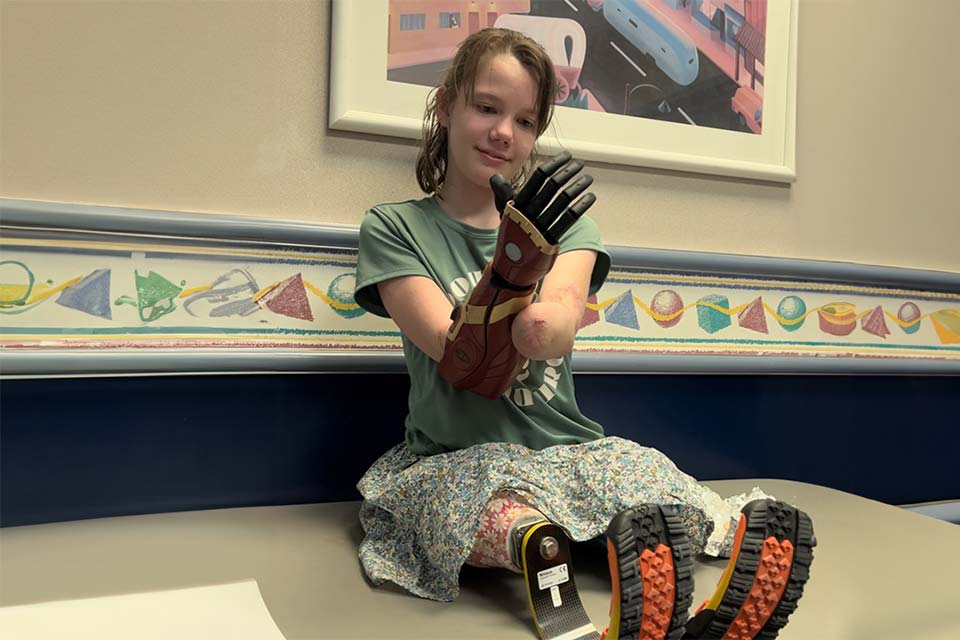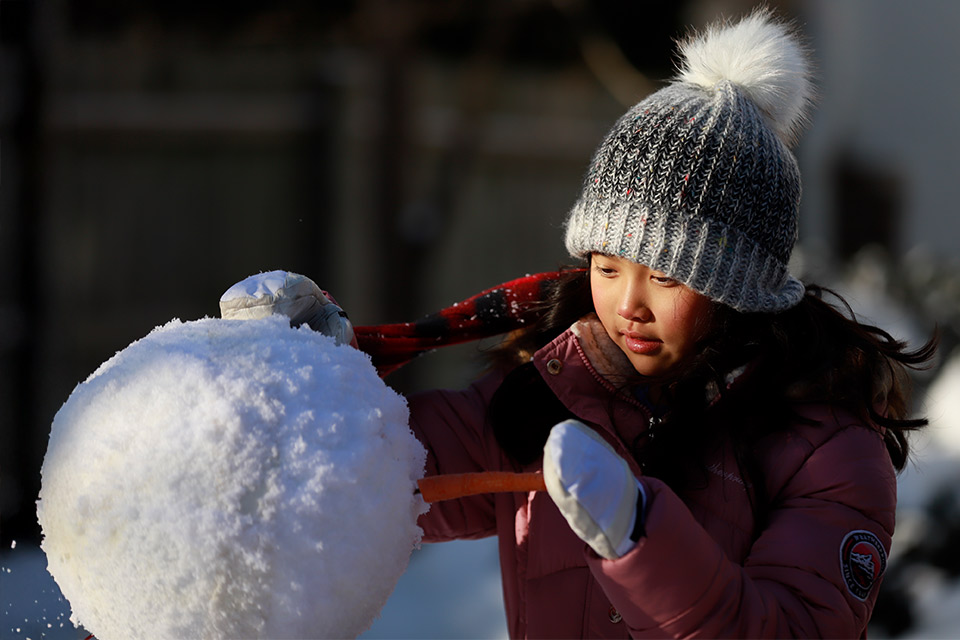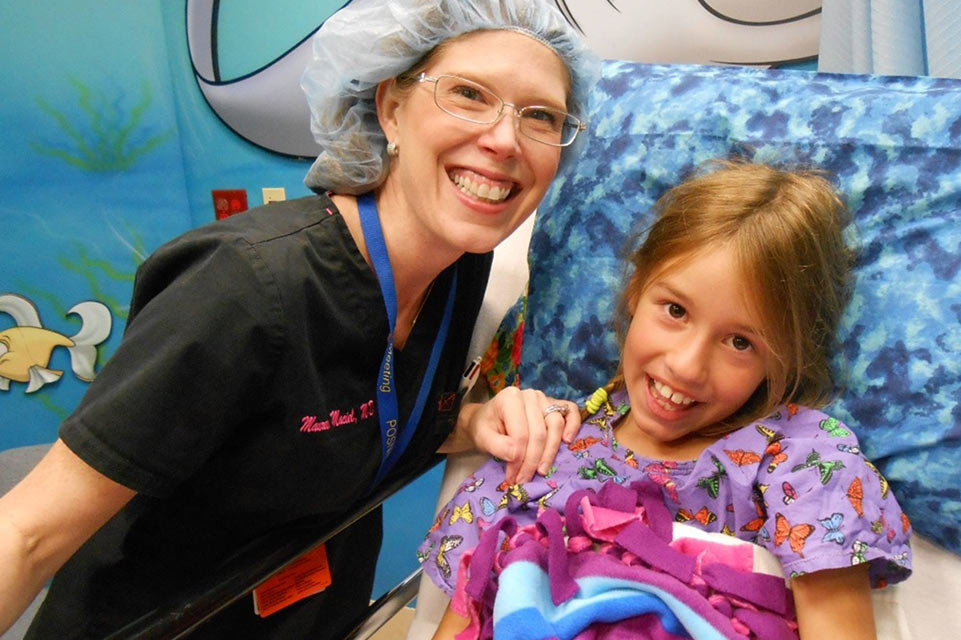-
Patient Story
Providing Life-Changing Care for Children With Limb Differences: Meet Rosie
https://www.shrinerschildrens.org/en/News-and-Media/Patient-Stories/2024/06/Rosie-Limb-Loss-AwarenessThe Shriners Children’s Salt Lake City Pediatric Orthotic and Prosthetic Services department works with patients like Rosie to create one-of-a-kind prosthetics.
-
Patient Story
The Magic of Therapy and Family Support
https://www.shrinerschildrens.org/en/News-and-Media/Patient-Stories/2025/04/Winter-Occupational-Therapy-CareOccupational therapy turned 8-year-old Winter’s challenging recovery into a joyful journey of growing confidence and independence.
-
Condition
Contact Burns
https://www.shrinerschildrens.org/en/Pediatric-Care/Contact-BurnsThe team at Shriners Children’s Boston can care for your child's contact burn using the most innovative burn care treatments available.
-
Condition
Camptodactyly
Camptodactyly occurs when a child has one or more bent fingers. Mild cases don't cause any problems while more severe cases can affect hand function. Typically the best treatment option is therapy.
-
Condition
Supernumary Digits
Supernumerary digits (polydactyly) refers to extra fingers or toes that are present at birth. Typically these extra "digits" contain soft tissue and are easy to remove without restricting basic abilities.
-
Condition
Frostbite
https://www.shrinerschildrens.org/en/Pediatric-Care/FrostbiteFrostbite can occur when skin is exposed to extreme cold temperatures. Prolonged exposure can result in serious injury. Shriners Children’s utilizes burn care treatments that are effective in treating frostbite.
-
Condition
Chemical Burns
https://www.shrinerschildrens.org/en/Pediatric-Care/Chemical-BurnsAt Shriners Children’s, our burn care team uses advanced diagnostics and innovative treatments to care for children with chemical burns.
-
Condition
Arthrogryposis Care
https://www.shrinerschildrens.org/en/Pediatric-Care/ArthrogryposisShriners Children's physicians have vast experience treating arthrogryposis, a rare muscle disorders that causes stiff joints and abnormal muscle development.
-
Condition
Marfan Syndrome
https://www.shrinerschildrens.org/en/Pediatric-Care/Marfan-SyndromeMarfan syndrome is a rare inherited disorder that affects connective tissue. At Shriners Children's, your child will receive comprehensive care for this condition.
-
Condition
Amniotic Band Syndrome Care
https://www.shrinerschildrens.org/en/Pediatric-Care/Amniotic-Band-SyndromeShriners Children's skilled physicians have vast experience treating amniotic band syndrome, also known as ABS, which starts in the womb when string-like strands entangle a developing baby.










